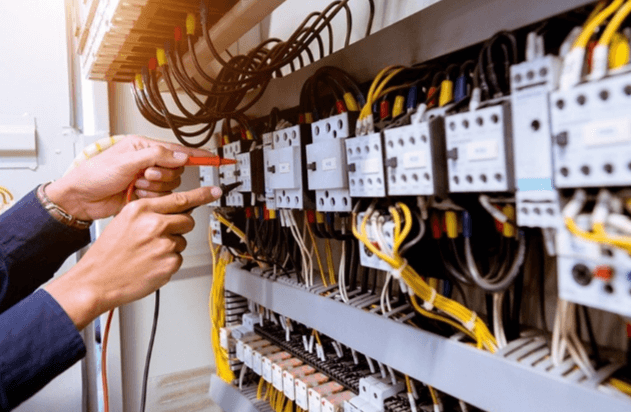The Importance Of Bilingual Electrical Training In A Multicultural Workforce

With the trend toward multiculturalism in the workplace, there has been a growing need for bilingual training, especially in technical fields such as electrical work. Bilingual electrical courses are, therefore, crucial in making the work environment safer, more liberal, and more effective.
Bilingual training programs, therefore, have a significant role in economic development by fostering a well-prepared and integrated workforce in areas such as safety, communication, competence, and skills. This article focuses on the importance of bilingual electrical training and its significance in the diverse workforce.
Enhances Safety Standards
Electrical work involves many safety measures since wrong decisions can cost lives. Barriers such as language can lead to safety issues in a multilingual work environment. Employees who lack adequate mastery of the primary language may fail to grasp important safety messages, misinterpret certain measures, or lack adequate means of passing messages in case of an emergency.
Bilingual electrical courses also guarantee that all employees comprehend safety messages despite their preferred language. If the safety measures being communicated can be understood easily by the workers, the rate of accidents is bound to reduce.
Improves Communication and Teamwork
Proper communication is very important for any project. Work coordination and efficiency are key, especially in electrical projects. When people working in a team have to communicate, they might face language differences, which lead to mistakes and delays.
Education in two or more languages helps overcome language barriers in communication. Getting education in different languages simultaneously leads to more effective communication between team members and increases cohesion.
Read also Safe Passage: Navigating the Waves of Debit Card Unauthorized Transactions
When all the team members can understand technical information and report it, work becomes efficient and satisfying. Also, bilingual electrical courses foster a more diverse workplace environment where all employees are embraced and appreciated.
Enhances Skill Development and Career Advancement
Bilingual electrical training is not only about the effectiveness of immediate activities but also about future prospects. Employees who undergo training in their language can understand complicated ideas and retain the information imparted to them, providing a solid foundation for developing their skills.
When workers gain experience and expertise, they are in a better position for promotions. The business gains from a more qualified and diverse talent pool, while the employee gains from improved job satisfaction and opportunities for career advancement.
Addresses Labor Market Needs
In many areas, the markets are highly competitive and characterized by large numbers of immigrants and people who speak more than one language in technical positions. For employers to access this talent pool, training has to be designed to respect linguistic differences.
The availability of electrical courses in both English and the second language is helpful in recruitment and employee retention. Companies that provide training in different languages show respect for diversity and anti-discrimination policies. This approach addresses the needs of a diverse working population and enhances the organization’s image as progressive and willing to address the needs of employees.
Meets Regulatory and Compliance Standards
Many areas require all employees, including those with limited English proficiency, to undergo extensive training facilitated by regulatory authorities or other standard-setting agencies. In this way, bilingual training programs ensure compliance with these regulations and make education accessible for all employees.
Summary
The significance of bilingual electrical training in today’s multiracial society cannot be overemphasized. They promote safety, foster effective communication and cooperation, contribute to skills acquisition and staff promotion, adjust to market demands, and respect legal requirements.
This investment helps the workers and thus assists in the growth and success of the organization and its reputation. Therefore, bilingual electrical training is essential in developing a diverse and integrated working force.





